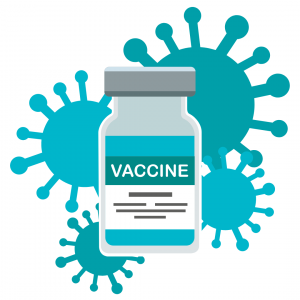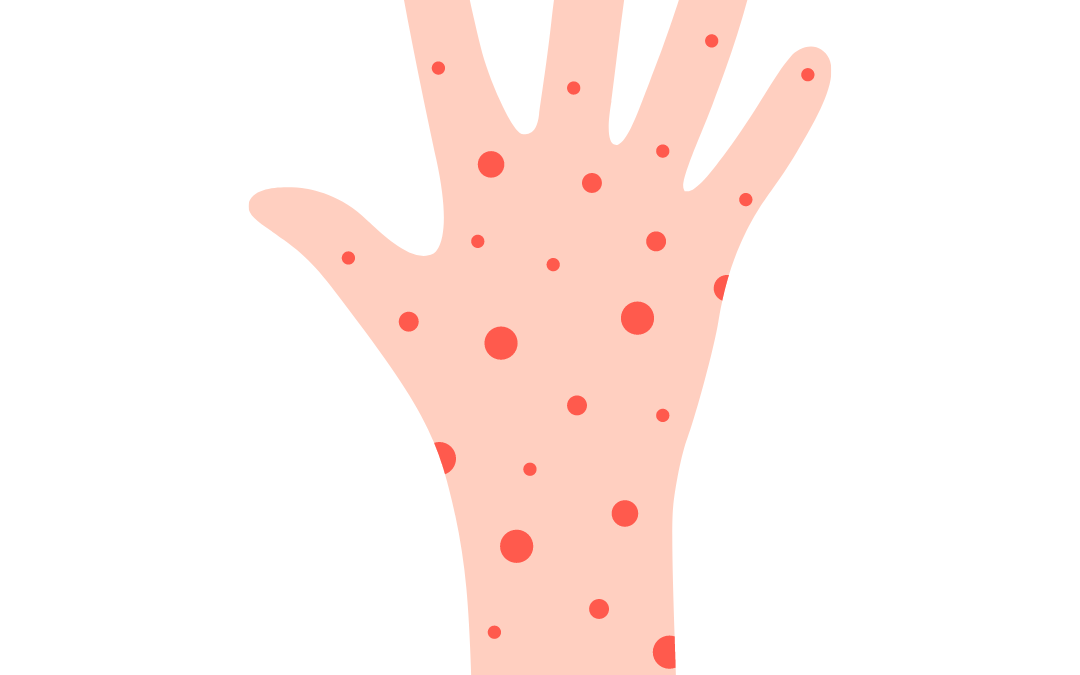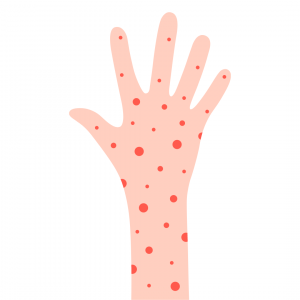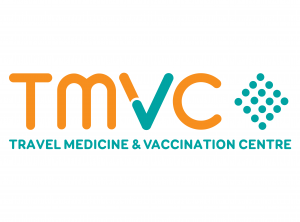On August 14, 2024, the World Health Organization declared the outbreak of mpox in Africa a Public Health Emergency of International Concern. Naturally, people are panicking, especially those who are planning to travel to African countries.
Thankfully, the risk of mpox for most travellers is generally pretty low. In this blog, I’ll tell you more about the mpox outbreak and how the disease spreads, who is at risk for mpox, and the mpox vaccine and where to get it.
Where is the Mpox Outbreak?
The current mpox outbreak is mainly occurring in the Democratic Republic of Congo (DRC). Mpox has been present in this country for more than a decade, but the number of cases has been increasing each year. In 2024, there have been more than 14,000 cases and 537 deaths reported in the country. The outbreak involves a new virus strain (clade I) that has now spread to several neighbouring countries, including Burundi and Republic of Congo. As of August 14, 2024 a handful of cases have also been reported in Côte d’Ivoire, Kenya, Rwanda, South Africa, and Uganda. The Public Health Agency of Canada states that the new clade I mpox strain has not been reported in Canada.
What is Mpox and How Do You Get It?
Mpox is caused by a virus that produces a rash that is often painful. Symptoms usually begin 5 to 21 days after being exposed and can last 14 to 28 days. Initial symptoms can include fever, chills, headache, swollen lymph nodes, back or muscle pain, and fatigue. A rash or sores can then develop anywhere on the body and last between 2 to 3 weeks. The sores begin as raised spots then change to small blisters filled with fluid that eventually form a scab and fall off.
Mpox can be spread to humans from small mammals where the virus is present through bites, scratches, contact with bodily fluid or feces, or through contaminated bushmeat. It can be spread from person-to-person through contact with lesions or scabs of a person who has mpox, very close and prolonged respiratory contact, or through objects contaminated with the virus, such as clothing or bedding. The World Health Organization states that the current outbreak of mpox is “spreading mainly through sexual networks.”
Are You at Risk for Mpox on Your Trip to Africa?
The risk of mpox for most travellers is generally very low. If you’re planning an African safari there is very low risk of contracting mpox on your trip. Travellers going to areas where mpox is present may be at increased risk if they are planning to:
• Live in forested areas or participate in activities near infected animals.
• Sleep on the floor in endemic areas.
• Have contact with infected animals.
• Have contact with bodily fluids of an infected person or have contact with contaminated materials used by an infected person or animal.
• Have multiple sexual partners, including men who have sex with men, especially those with genital lesions.
• Having unprotected sex of any kind (oral, anal, vaginal).
Mpox Risk in Canada

Where Can I Get the Mpox Vaccine
The vaccine used in Canada to prevent mpox is called Imvamune. It is given as 2 doses at least 28 days apart to prevent infection with mpox. The Mpox vaccine is not available at any travel clinic or pharmacy in BC and is not available at TMVC. It is only available through Public Health for people who are at high risk of infection.
Eligible individuals to receive the pre-exposure mpox vaccine in BC include Two-Spirit and transgender people and cisgender males who self-identify as belonging to the gay, bisexual, and other men who have sex with men community and answer yes to any of the criteria below:
• Has sex with more than one partner, or
• Has sex with a partner who has more than one partner, or
• Has casual sex (e.g. cruising), or
• Engages in sex work or plans to, either as a worker or a client
If you are at high risk of mpox and qualify to receive the mpox vaccine, contact your local public health unit.
How to Avoid Mpox While Travelling
If you’re travelling to an area where mpox is a risk, you can decrease your risk of becoming infected by:
• Avoiding close contact with people who have symptoms consistent with mpox.
• Practice good hand and respiratory hygiene.
• Observe safer-sex practices.
• Avoid consumption of bushmeat and direct contact with rodents and other animals in an outbreak area.
• Wear appropriate personal protective equipment if you are a healthcare worker.
Travelling to Africa?
Hopefully this blog has helped to put your mind at ease for your upcoming travels to Africa and the risk for mpox. But don’t forget that mpox is not the only disease risk in Africa! If you’re travelling to Africa you may also be at risk for yellow fever, malaria, dengue fever, hepatitis A, typhoid, and rabies, to name a few. TMVC can prepare you for a healthy trip! Consider booking a travel consultation at TMVC to determine the health risks for your trip and receive any vaccines and travel related prescriptions you may need. Simply call us at 1-888-288-8682 or book online.







